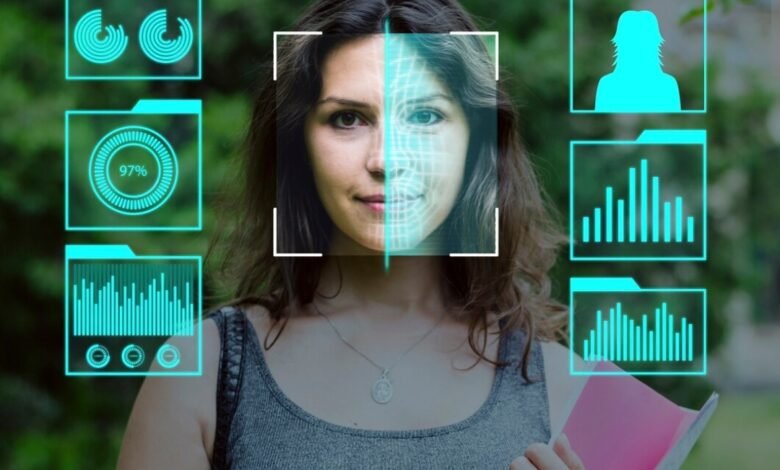Exploring AI Facial Recognition – Discover the Myth About AI Face

In recent years, the field of artificial intelligence has made significant strides in the realm of facial recognition technology. From unlocking smartphones to enhancing security systems, AI-powered facial recognition has become an integral part of our daily lives. In this blog post, we will delve into the intricacies of AI facial recognition technology, exploring its capabilities, ethical considerations, and potential impact on society.
AI Facial Recognition Definition & Meaning
AI facial recognition technology is a sophisticated system that uses machine learning algorithms to identify and verify individuals based on their unique facial features. The process involves capturing an image or video of a person’s face, extracting key facial characteristics, and comparing them to a database of known faces. Through deep learning techniques, AI systems are able to analyze and interpret facial patterns, allowing for accurate and rapid identification of individuals.
Applications of AI Facial Recognition
The applications of AI facial recognition technology are diverse and far-reaching. In the realm of security and law enforcement, facial recognition systems like MioCreate are utilized for online AI tools for entertainment. Additionally, the technology is increasingly being integrated into access control systems, enabling secure and convenient authentication for various purposes such as unlocking devices, accessing buildings, and making payments.
Beyond security and authentication, AI facial recognition has found its way into industries such as marketing, healthcare, and entertainment. Retailers use the technology to personalize customer experiences and target advertising based on demographic information. In healthcare, facial recognition aids in patient identification and medical record management. Moreover, the entertainment industry harnesses the technology for interactive experiences and content personalization like AI face swap.
AI Face Considerations and Privacy Concerns
While AI facial recognition technology offers numerous benefits, it also raises important ethical considerations and privacy concerns. One of the primary concerns is the potential for misuse and abuse of facial recognition data. There are fears of mass surveillance, invasion of privacy, and the risk of discriminatory practices based on facial characteristics. Moreover, there are concerns regarding the accuracy and bias of facial recognition algorithms, particularly in their performance with diverse demographic groups.
In response to these concerns, there have been calls for the regulation and responsible use of AI facial recognition technology. Many advocate for transparency in the collection and use of facial data, as well as the implementation of strict guidelines to safeguard individual privacy rights. Additionally, there is ongoing research and development aimed at improving the accuracy and fairness of facial recognition algorithms to mitigate bias and potential misuse.
Face Swap Influences on Society
The widespread adoption of AI facial recognition technology has the potential to significantly impact society in various ways. On one hand, it offers enhanced security measures, streamlined authentication processes, and innovative applications across industries. However, there are also implications for civil liberties, personal freedoms, and societal norms. The balance between security and privacy becomes a critical consideration as the technology continues to evolve and proliferate.
Furthermore, there are broader societal implications related to the integration of facial recognition into public spaces, workplaces, and social interactions. Questions arise regarding consent, autonomy, and the implications for marginalized communities. As such, it is essential for policymakers, technologists, and stakeholders to engage in thoughtful discourse and decision-making to address the multifaceted impact of any face swap or multiple face swap tools on society.
In conclusion
AI facial recognition technology represents a remarkable feat of innovation with diverse applications and potential societal impact. By navigating the ethical considerations and privacy concerns associated with its use, we can harness its benefits while safeguarding individual rights and societal well-being. As we continue to explore the fascinating world of AI facial recognition, it is imperative to uphold ethical standards and strive for a harmonious integration of technology into our lives.



